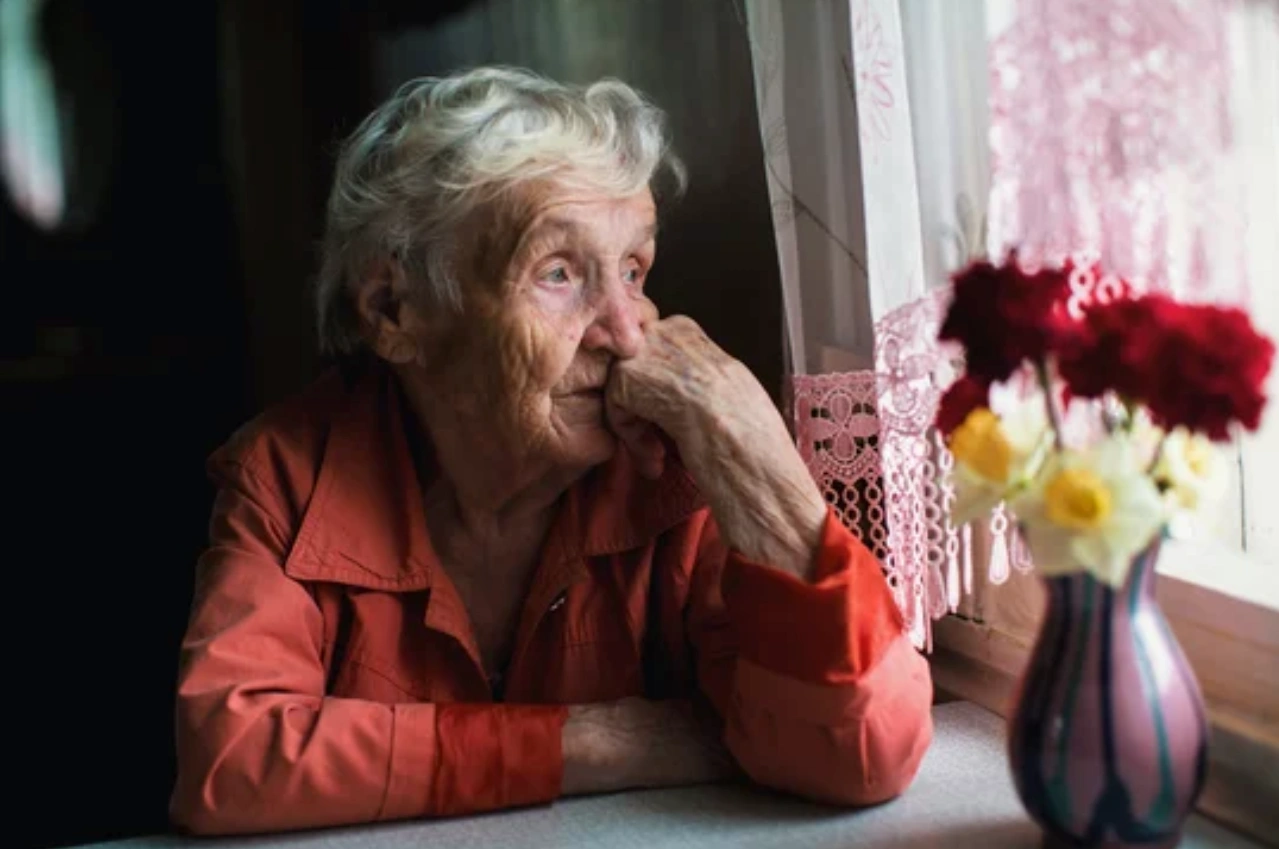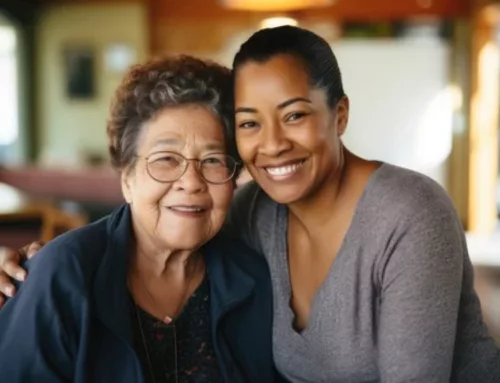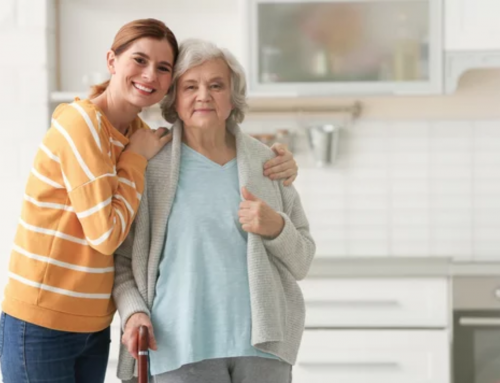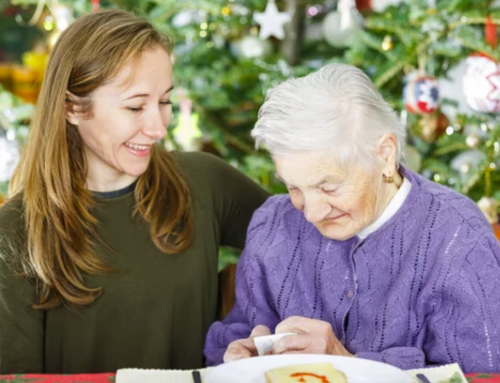At Smoky Mountain Home Health and Hospice, we recognize the critical role caregivers play in the emotional well-being of our patients. This guide is dedicated to providing caregivers with effective strategies to combat loneliness and isolation in their loved ones, enhancing their quality of life during home health and hospice care.
Understanding Loneliness and Isolation: Loneliness and social isolation can severely impact health, leading to increased risks of conditions like depression and heart disease. These challenges are especially prevalent among the elderly, those with chronic illnesses, and individuals receiving hospice care. Understanding these risks helps us better prepare to address them.
Strategies for Caregivers to Reduce Loneliness and Isolation
Regular Interaction and Engagement
Consistent and meaningful interaction is very important. Caregivers are encouraged to maintain a routine that includes regular conversations, shared meals, and participating in leisure activities together. Simple daily interactions can significantly reduce feelings of loneliness.
Creating a Stimulating Environment
A stimulating environment can help alleviate isolation. This can include:
- Setting up a comfortable sitting area by a window to provide a view of the outside world.
- Decorating with personal items that bring joy and trigger happy memories.
- Introducing simple and engaging activities such as puzzles, books, or crafts that can be done together.
Encouraging Social Connections
While professional care provides necessary health support, maintaining social connections with family and friends is equally important. Caregivers can facilitate:
- Scheduled visits or calls with family and friends to maintain social ties.
- Community involvement, such as participating in local events or religious services, even if only through remote means like watching a live stream together.
Utilizing Community Resources
Many communities offer programs specifically designed to reduce loneliness in the elderly and those with health challenges. Caregivers can access:
- Local senior centers which often provide social activities and outings.
- Support groups where caregivers can find emotional support and exchange practical advice.
Supporting Emotional Health
Emotional health is deeply tied to social interaction. Caregivers can:
- Encourage expression of feelings, allowing the person to discuss their emotions and experiences.
- Engage in reminiscing, which helps individuals feel connected to their past and less isolated from their life’s experiences.
Educational Workshops and Training for Caregivers: Smoky Mountain Home Health and Hospice offers workshops and training sessions that empower caregivers with skills to effectively support their loved ones. These sessions cover:
- Recognizing signs of loneliness and depression.
- Communication techniques to encourage more in-depth conversations.
- How to create engaging and interactive environments at home.
Conclusion As caregivers, you play a vital role in the lives of those in your care. By utilizing these strategies, you can help mitigate the effects of loneliness and isolation for your loved ones, enhancing their comfort and happiness. Smoky Mountain Home Health and Hospice is here to support you in this important role. If you need additional information or resources, please don’t hesitate to contact us at (423) 623-0233 or visit our contact page.
Additional Resources






